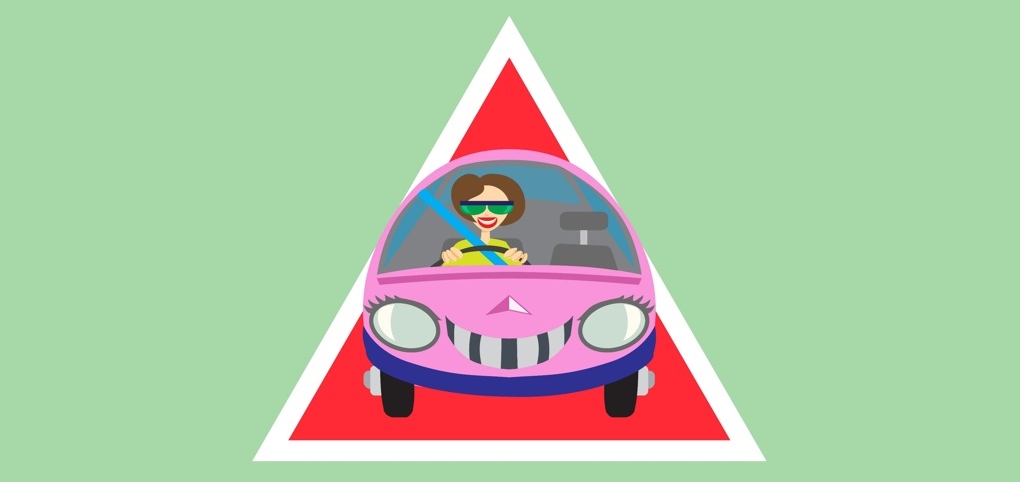Hong Kong, 9 June 2021: Who would own a car in Hong Kong? I did once – a gleaming Jaguar S-Type complete with “CHELSKI” number plate, no less – but eventually sold it. Too much hassle. Having your own car here makes little sense when traffic congestion is so chronic and public transport so good. Yet plenty of people choose to. Private vehicle ownership has increased almost 40% in the past decade, exacerbating the bottlenecks. Citizens are buying cars faster than the government can build roads.
Of course, if you own a car, you need somewhere to keep it, and Hong Kong has the most costly parking in the world to go with its eye-wateringly expensive housing. This week, it has been revealed that a deep-pocketed textile executive paid HK$35.7 million for three parking spaces at an exclusive residential development on The Peak. Yes, you read that correctly, HK$11.9 million – or US$1.53 million – per space. He paid more per square foot for the parking bays than he did for the two ultra-luxury flats he owns nearby.
Only in Hong Kong. Lack of land and excessive car ownership combine to make the parking space market insane. The previous record price was HK$7.6 million set in October 2019 for a slot at The Center, a prime downtown office tower. Records show that the previous year, 8,968 parking spaces changed hands in deals totaling HK$16.64 billion.
For the vast majority of Hongkongers, such figures are incomprehensible. The Covid-19 pandemic, striking immediately after the 2019 protests, has widened this city’s notorious wealth gap. A recent report from the Financial Secretary’s Office says the number of low-income households in Hong Kong has almost doubled over the past two years. There are nearly 302,000 people living in households which are struggling to survive on a monthly income of less than HK$9,100 (about US$1,173).
Underscoring this, a new survey by Chinese University shows the life satisfaction and health levels of Hong Kong schoolchildren are far below international averages. Some 10% more youngsters here have feelings of depression while the number of children not exercising at all is five times higher than the international norm. But – and this is hardly a surprise – children from poorer families score lowest of all, with home schooling during the pandemic dismissed as “almost a mission impossible for them” by the Society for Community Organisation. Cramped homes and lack of computers have seen disadvantaged students fall further behind.
Earlier this year, an analysis by the Hong Kong Council of Social Service found that more than 1.1 million citizens are living in families with employment issues. Some 360,000 families have at least one member unemployed or underemployed. More than a third of these households earn a family income below the poverty line. The NGO estimates some 24,200 children are living in the 92,500 families with unemployed members and describes this as “a worrisome situation”.
At the same time, we are squeezing more people into smaller flats, so living standards are falling. The Liber Research Community, a civic group focusing on land and housing issues, reports that nano flats – those no larger than 260 sq ft – accounted for 13% of total private housing supply in 2019. The government and developers brand these as “affordable” homes and a viable solution to land shortages. I disagree. As for this city’s infamous sub-divided flats, well, let’s not go there.
If our leaders have stagnated in tackling deep-lying issues such as affordable housing, social welfare and education, they appear to have done the same with Covid-19. We are in limbo, with low infection numbers, slow vaccination rates and no sign of our borders opening properly. Health officials reported just three new infections yesterday, all imported, taking the city’s cumulative total to 11,868, with 210 related fatalities. The vaccination rate has improved – just over 15% of citizens have received two jabs and are considered fully inoculated – while bookings are up on the back of some HK$113 million (about US$14.6 million) worth of incentives being offered by the business community. But medical professionals doubt this enthusiasm can be sustained and believe we are unlikely to reach 70% of individuals vaccinated, the figure required for herd immunity, this year.
Real and meaningful rewards from this administration for those fully inoculated are in short supply. How about treating such citizens as immune, as advocated by Dr David Owens and Professor Ben Cowling in their monthly podcasts? No. Or allowing them to go mask-free in open spaces, as suggested by the University of Hong Kong’s Dr Lam Tai-hing? No. What about extending the quarantine-free travel arrangements being enjoyed by senior executives of listed companies courtesy of our government? No. All Chief Executive Carrie Lam had to offer when meeting the media yesterday was the prospect of additional testing – taking blood samples to check for coronavirus antibodies – for airport arrivals. “It is always good to add more protective nets,” she said. Sigh.
But not to worry, everyone, because Hong Kong’s red-hot property market is bobbing along nicely and so all is well. Just recently, more than 90% of flats at a new development in Ap Lei Chau were snapped up on the first afternoon they went on sale. The smallest apartments were priced at HK$4.28 million (about US$551,400). Their size? Around 183 sq ft. That’s right, barely bigger than a parking space.
Stay safe and well, everybody!
Colin Cohen
Senior Partner
Boase Cohen & Collins



